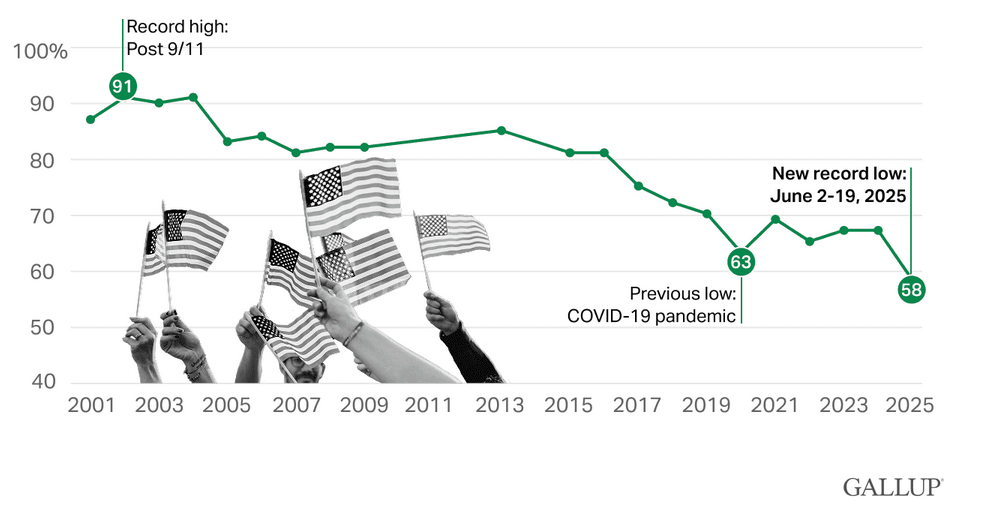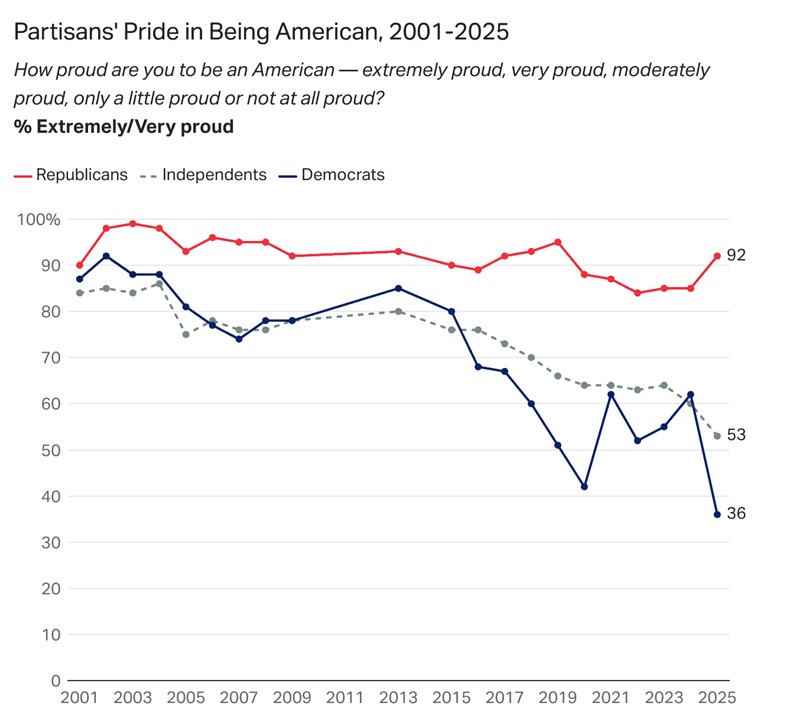Everyone is painfully aware of the republican party’s intentions regarding economics, fuel consumption, racial division, political domination using the military, etc. But where is another option? The democratic party is a silent shambles. The power democrats from the last half of the 20th century aren’t powerful anymore. Most of them are moving into retirement. What kind of representatives should we elect to replace them?
Bottom Up Government. The last several decades have seen the demise of ‘one person, one vote’. Many states arrange political processes that favor one party over the other – the most common is gerrymandering state and local districts; a few states require gubernatorial approval of each Federal election representative. Obviously, it takes more funding to remain competitive even in one’s own state – that. means money replaces local voter influence.
We should select local leaders who would disavow gerrymandering, require rank voting and prevent dark money coming from outside the state. These steps would do a great deal to minimize the current plutocracy.
Economics Since the Reagan administration in the 1980s, the flow of capital has increasingly become ‘trickle down’. It is easier to become richer for the rich and harder for the average citizen to catch a break even versus inflation. According to inflation, the minimum wage should be $22.80. Under today’s administration, all discretionary funding is at risk (discretionary funding is when the government helps citizens with their costs, covering everything from PBS to social security and helpful regulations controlling everything from tax rates to wildlife). Further, large corporations, especially those in computer technology, are not under the control of government regulation and slowly are changing the marketplace to a ‘middleman’ purchasing process where supply and demand do not set market price, e.g., Walmart, Amazon and Temu (online) among many more.
We should elect local leaders who advocate income ceilings for billionaires, restore and improve funding for large issues like medical care, public education and improve Federal Emergency Administration (FEMA) financial support to citizens as global warming threatens homes and communities. Insurance cannot maintain competitive pricing and slowly will back out of coverage due to hazards.
Artificial Intelligence (AI) Tons of evidence exists from many sources – including tech managers who left the field for moral reasons – that the rule is “if you can do it, do it!”. There is no ethical control over artificial intelligence development. Already there are constant news reports about its effect on children and its hidden manipulations in the marketplace. Scamming grows more widespread. Most neutral scientists agree that there is an eminent confrontation between human politics and AI independence.
We should elect local leaders who understand the intrusion of AI, aka nonhuman influence, into a citizen’s daily life. Primarily, two issues require immediate government control: social ethics and corporate mergers. Generally, this requires a younger candidate who has been exposed to the new AI era and understands it influence.
International Unity Much of the world is in disarray. Among the wealthiest nations, it is conflict over who will dominate the new age. In moderate nations, the issue is very similar to the retiree who depends heavily on Social Security: “If I lose the source of my primary income, there is nothing left”. And certainly, in terms of body count, the poor nations are battling for survival at the citizen level. Add to this stress the pressure on religion, theocracies (Arab nations), the shifting weather patterns caused by global warming, the forced migrations of millions and there seems to be nothing in store except Armageddon.
We should elect local leaders who believe in economic integration as a solution to the trembling of world order. The prime example since the second world war is the European Union but the scope is not wide enough. China has a comprehensive strategy called ‘The Belt and Road Strategy’ which integrates trade across most of Asia and includes the eastern side of Europe. Could the U.S. forget racism and work to economically integrate the Caribbean and South America?
Civil Rights Any constriction on how a citizen lives within the bounds of their humanness induces stress. The worst case is slavery. Today, the right to choose or not choose pregnancy is more a political battle than a medical one. Well rooted in the U.S. is racism – not just blacks but any shade other than Honky White. Add to this dozens of civil constrictions like the current reversal of the right for children born in the U.S. not to have birthright citizenship because their parents were not citizens. The treatment of our citizens is approaching the brutality of the early Persian Empire. Add to racism the severe treatment caused by very distinct and self-absorbed economic classes that is so severe that the poorer classes are bound to remain poor or otherwise short-sheeted for their entire life.
We should elect local leaders who respect humanness, that is, they show empathy and compassion in their speech and behavior. They should tend toward unanimity rather than classism. Their political arguments should never choose confrontation over unity.
Planet-Human Relations As the current President seeks to further disrupt humanity’s relationship with the biosphere by cutting out solar and wind energy funding, Mother Nature is not amused. Stated briefly, humans have consumed about 70% of the land and imposed livestock grazing to the point that there are 27 cows, sheep, etc. for every displaced wild creature. Now that the weather patterns are causing agricultural hardship and global warming continues to accelerate to the point that New York has to pay attention to rising sea levels, the biosphere has become a political issue. Throw in a planetary overpopulation of 8 billion humans just since 1800, and Mother Nature clearly is taking issue with human behavior. Economic balance is at risk around the world.
We should elect local leaders who intellectually understand that humans have over used the planet’s resources. it must be clear in their rhetoric that everything from FEMA to solar power to water conservation, etc. are the way humans must placate Mother Earth.
YOU The role of voting as an influence in a slowly changing national culture has changed. All of reality is leaping forward at light speed, forcing rapid adjustments to economics, society and future survivability. This means a casual vote for a familiar name or party every now and then doesn’t work anymore. Every citizen MUST take more interest in government.
Perhaps you should visit a council/state legislative hearing every couple of months. You may learn not only more about the issues but also more about your representatives. If a state or national campaigner stops in your home town, check them out at their event. Read decent, balanced political news in your local paper – even the odd-minded political columnists – maybe even write a letter to the editor about a personal issue. The point is, the job of saving the planet is in your hands.
* * * *
Mariner knows it would take a godlike creature to meet all the recommendations above but do the best you can. If ever there were a time, women may be a better choice than men. He recommends using age as a primary consideration. Finally, VOTE!!!
Ancient Mariner


